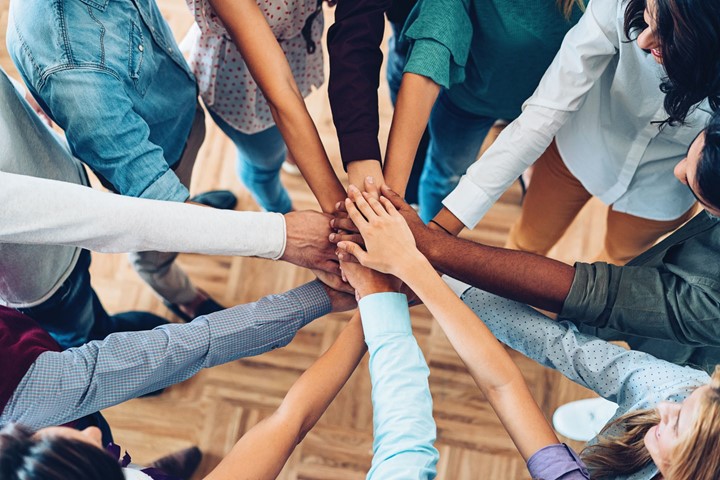What a year 2020 has been! Each new emergency or disaster has highlighted the frontline heroes: doctors, nurses, paramedics, firefighters, and more. As we watch these courageous people respond to unthinkable challenges, and as some even lose their life doing so, we could begin to feel powerless about what we as ordinary people can do to help. Don’t lose hope! There is much we can do to help.
Start where you are. Look around you in these four areas and find ways that you can help.
In your circle of family and friends: Does someone you know need help? They might not be able to ask for help, for example if they are overwhelmed by responding to the immediate needs of their crisis. Can you bring meals, even simple things like soup or takeout? Can you help clean up after the meals that others have brought? Can you text or call regularly for friendly visiting? Keep in mind that personal and regional phone lines can become overwhelmed during a crisis and time your calls carefully.
In your faith community or civic groups: Does someone need help? Is there a community project that needs volunteers, whether doers or planners or supporters? Doers to get visible things done. Projects also need planners and behind-the-scenes support people. For example, in the early days of COVID pandemic response, a group of Tillamook County community volunteers came together to make and distribute cloth face coverings. Some did the sewing, some offered to buy supplies, and some drove the finished products to drop-off points around the County.
In your personal bounty: Do you have money or things (in new/like-new condition, but that’s another article) that you can give? Ask or do some research before deciding what to give. Sometimes money is most helpful. Sometimes things like clothing would be helpful but may cost more money in logistics getting them delivered than it would cost to just give money to a nonprofit or civic group onsite.
Many nonprofits and faith communities have ways to give online. Many of us also do our banking online and can easily set up a nonprofit or faith community to get a check. When you give, be thoughtful. Know which organizations you trust and decide whether you would like to focus your giving more locally or regionally. To learn more, go to the organization’s website or to a third party like Candid.org where you can look up mission and financial information about local, national and global nonprofits.
In your thoughts and prayers: Think positive thoughts. Pray. Even if you aren’t part of a faith community, expressing gratitude for the blessings you do have and believing that a higher power may be listening to your spoken and unspoken prayers can be helpful. Expressing gratitude has been shown to increase your happiness and decrease stress and pain. Believing in God and praying for grace and courage for yourself and others can inspire healing and hope.
So, take a deep breath. And pick at least one thing you will do this week to take action as an ordinary citizen.
AUTHOR: Melody Ayers, Philanthropy Director of Adventist Health Tillamook
For more local health and wellness information, follow Tillamook County Wellness on Facebook, Instagram and Twitter.

